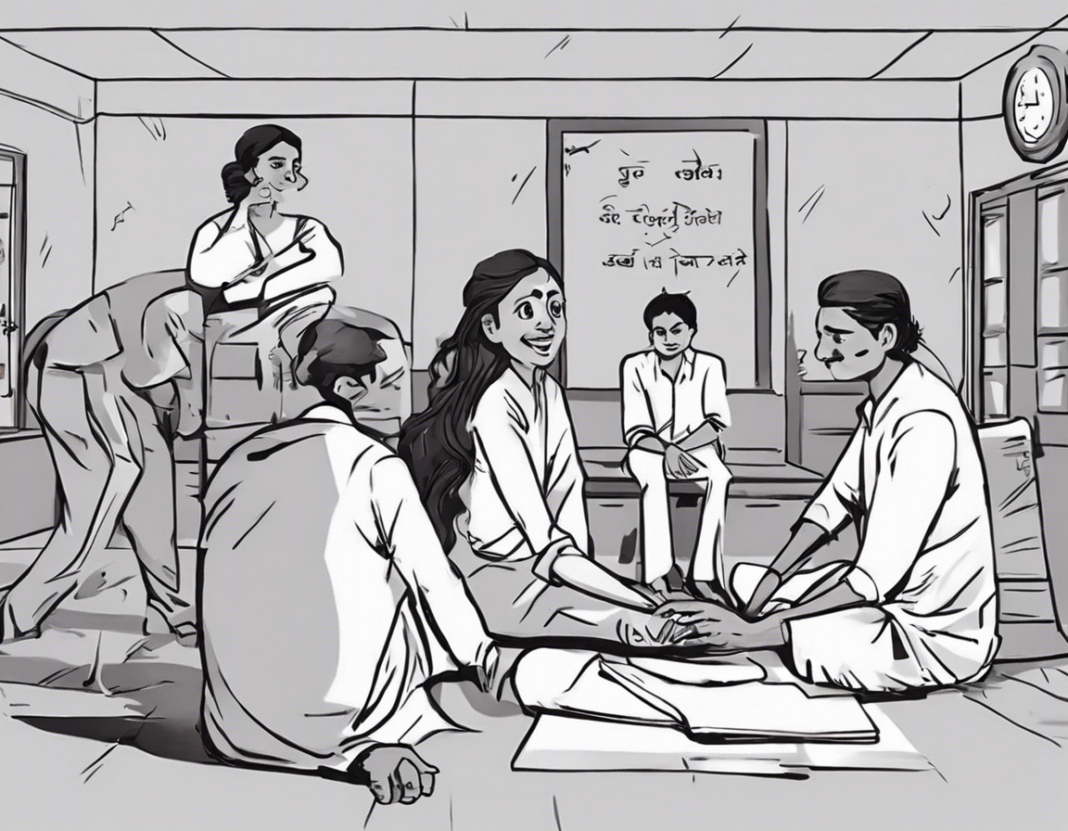Hiccups: An Annoying Reflex but Why Do They Happen?
Hiccups – we’ve all experienced them at some point in our lives. Those sudden, involuntary contractions of the diaphragm muscle followed by a quick closure of the vocal cords result in the characteristic “hic” sound. While they are usually harmless and tend to resolve on their own, persistent or frequent hiccups can be quite bothersome. So, what exactly causes hiccups and how can we get rid of them?
Understanding the Mechanism Behind Hiccups
Before we delve into the reasons why hiccups occur, it’s essential to understand the process that leads to their onset. The diaphragm is a dome-shaped muscle located at the base of the lungs that plays a crucial role in the breathing process. When we inhale, the diaphragm contracts and moves downward, allowing the lungs to expand and fill with air. On the other hand, during exhalation, the diaphragm relaxes and moves back up, pushing the air out of the lungs.
Hiccups occur when the diaphragm suddenly contracts involuntarily, causing the vocal cords to snap shut. This rapid closure of the vocal cords leads to the characteristic “hic” sound. While the exact reason behind this sudden diaphragm contraction remains largely unknown, several factors are believed to contribute to the onset of hiccups.
Common Causes of Hiccups
-
Eating or Drinking Too Quickly: Consuming food or beverages rapidly can lead to the ingestion of air, which can irritate the diaphragm and trigger hiccups.
-
Overeating or Spicy Foods: Indulging in large meals or foods that are spicy or hot can irritate the diaphragm and stomach lining, leading to hiccups.
-
Carbonated Beverages: The carbonation in fizzy drinks can cause bloating and trigger hiccups in some individuals.
-
Sudden Temperature Changes: Drastic changes in temperature, such as eating hot soup followed by a cold beverage, can stimulate the vagus nerve and result in hiccups.
-
Emotional Stress or Excitement: Strong emotions like anxiety, stress, or excitement can cause the body to go into a state of hyperarousal, leading to hiccups.
-
Certain Medications: Some medications, especially those that affect the central nervous system or gastrointestinal tract, may have hiccups as a side effect.
-
Underlying Health Conditions: In rare cases, persistent hiccups may be a symptom of an underlying medical condition such as gastroesophageal reflux disease (GERD), pneumonia, or central nervous system disorders.
Tips to Relieve Hiccups
While hiccups often go away on their own within a few minutes, several remedies can help alleviate them:
-
Hold Your Breath: Take a deep breath and hold it for as long as you can, then exhale slowly. Repeat this process several times to help reset your diaphragm.
-
Drink Water: Sipping cold water slowly can help stimulate the vagus nerve and interrupt the hiccup reflex.
-
Gargle with Cold Water: Gargling with ice-cold water can help provide relief by stimulating the back of the throat.
-
Breathe into a Paper Bag: Breathing into a paper bag increases carbon dioxide levels in the blood, which can help relax the diaphragm and stop hiccups.
-
Swallow a Teaspoon of Sugar: Consuming a small amount of sugar can help stimulate the vagus nerve and stop hiccups.
-
Try Acupressure: Applying pressure to the diaphragm or massaging certain acupressure points may help alleviate hiccups.
When to Seek Medical Attention
While hiccups are usually harmless and resolve on their own, persistent or severe hiccups that last for more than 48 hours or interfere with daily activities may require medical attention. If hiccups are accompanied by severe chest pain, difficulty swallowing, or vomiting, it is important to consult a healthcare provider promptly.
In conclusion, while hiccups may be a common and sometimes pesky occurrence, understanding the factors that contribute to their onset can help in managing and preventing them. By adopting simple remedies and making lifestyle changes, individuals can effectively alleviate hiccups and minimize their occurrence. Remember, prevention is always better than cure, so take your time to enjoy meals, stay hydrated, and manage stress to keep hiccups at bay.

